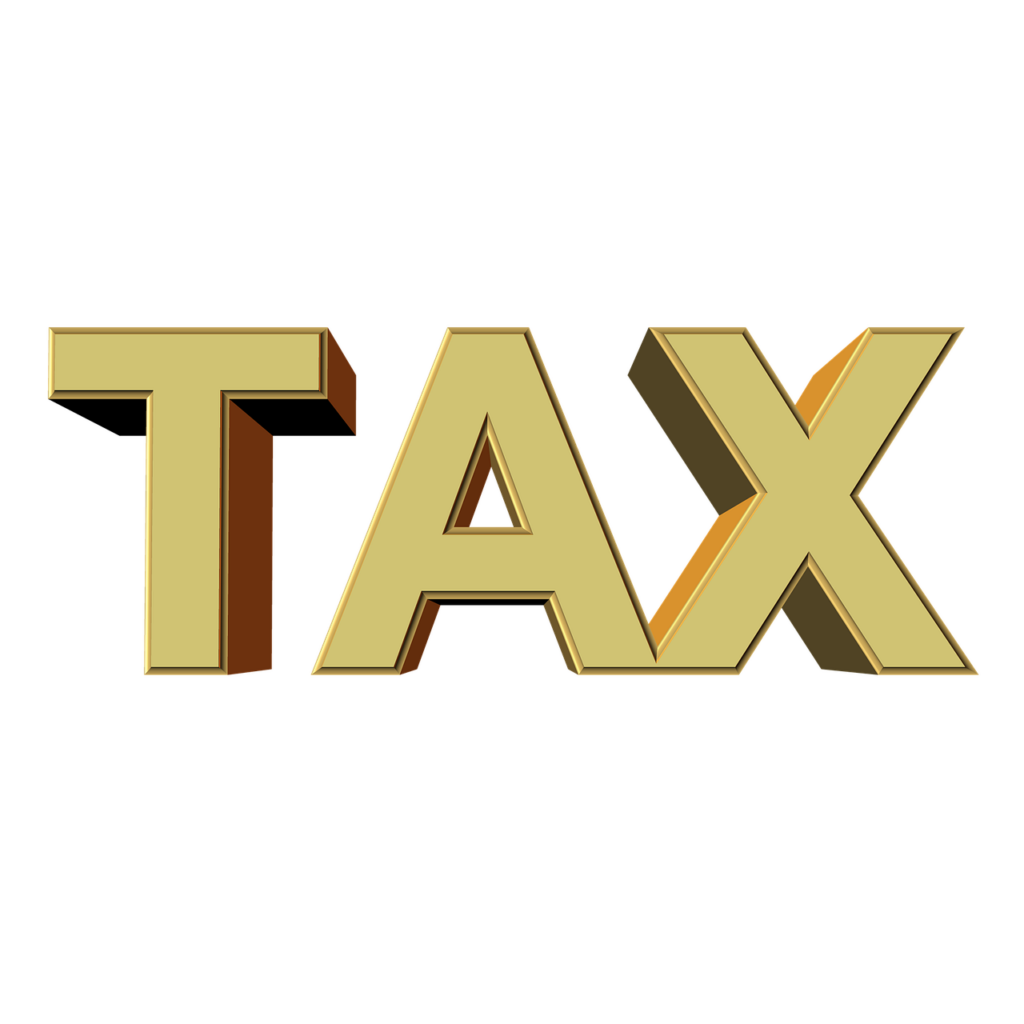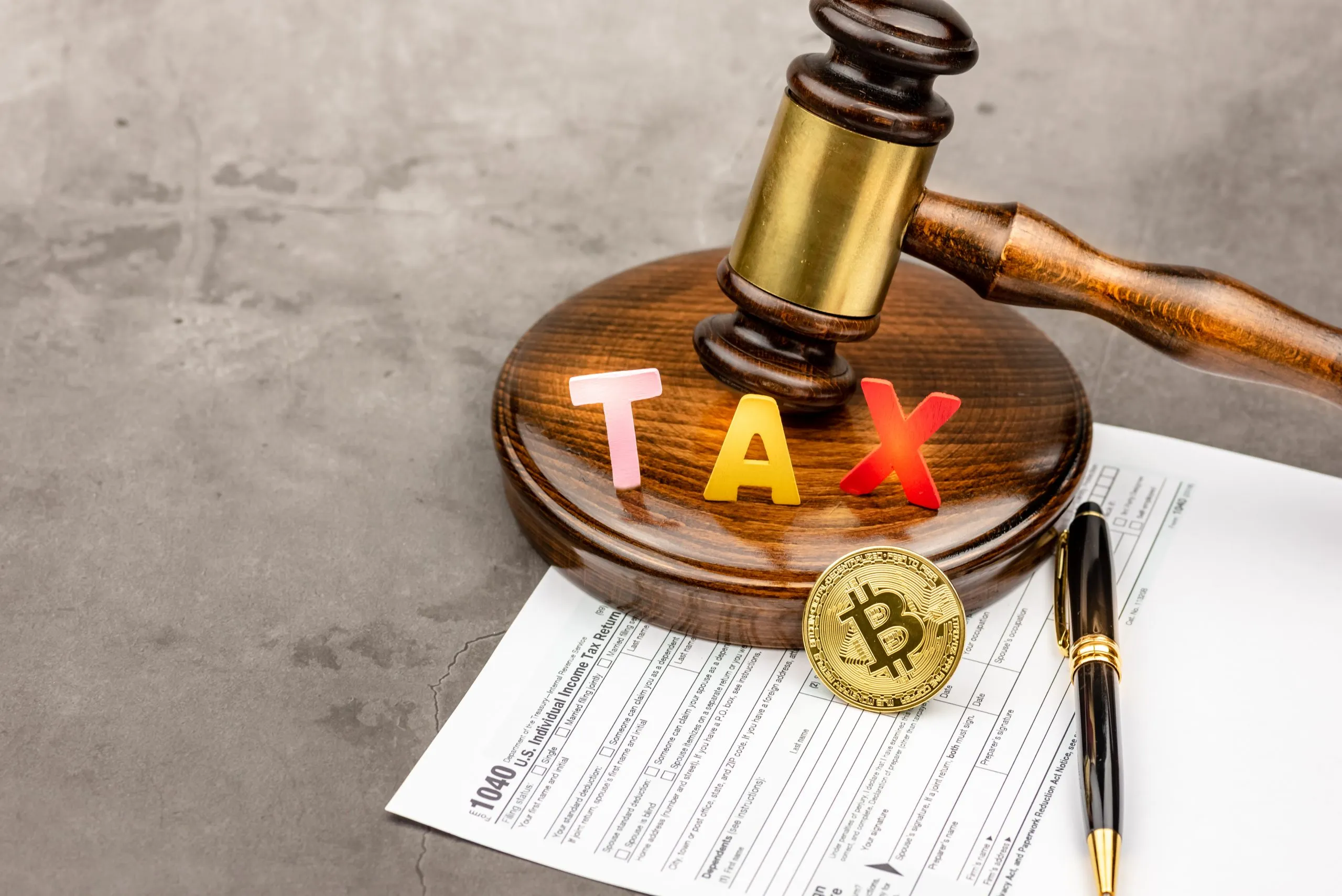Modern Solutions
Crypto Tax software and
method
Solution
Creation
|

Play Video
The Canada Revenue Agency (CRA) treats cryptocurrency
Disposing of crypto, such as selling it, trading it for another crypto, or using it for purchases, triggers capital gains tax in Canada. Ordinary income tax is applicable when you earn cryptocurrency, determined by the fair market value of your crypto at the time you receive it. Earnings from activities like staking and mining rewards fall under this category

Yes. Although crypto offers a degree of anonymity, the Canadian government has the capability to trace crypto transactions. To ensure compliance, cryptocurrency exchanges are mandated to report transactions exceeding $10,000 to the Canada Revenue Agency (CRA)
If your transactions do not surpass this threshold, crypto exchanges in Canada are obligated to gather customer information and may be required to disclose this data upon request. The best approach is to assume the CRA has full transparency into your crypto activity, and thoroughly report your crypto transactions to remain compliant.
The Canadian Revenue Agency (CRA) has been keeping up with our industry but the crypto market moves at hyper speed and it becomes difficult to fully understand the tax implications of your trades, mining, ICOs, and everything in between. My aim is to provide an in-depth summary of our responsibilities as players in the space, and help Canadians be tax compliant.
The fear of being uncompliant is one shared by many in the space and as a finance profession myself and the owner of a crypto corporation I can tell you first hand that it is not due to ignorance! So, if you are scrambling to get your taxes completed and need to brush up on your understanding of a Canadian taxpayer in the crypto space, buckle up!
Please note, that I use a tax accountant myself and I highly recommend that if you have questions or concerns that you bring it to a professional. This material should be used as an overview.
Can CRA trace my Crypto Activities
Yes! CRA has the ability to track transactions and can request additional information to assist in assessing your taxable position. CRA also requires all transactions on exchanges exceeding $10,000 to be reported.
If it walks like a duck, quacks like a duck, it is a duck! I have been in the crypto space through many evolutions of the market and if you are investing in a product that is supported by blockchain technology it is almost always qualified as a crypto asset under the CRA’s definition and subject to Crypto Asset Taxation.
Non-fungible tokens (NFTs) were a good case of the asset test. Is an NFT art or a Crypto Asset? I have heard many arguments for the case that an NFT should be considered art and be taxed accordingly. CRA has clearly identified that NFTs are a crypto asset.
It is important to note that as crypto is evolving so will the definition of crypto assets. The specific tax treatment of any asset can vary based on its use and the user’s intentions.
CRA Definition of a Crypto Asset: “A crypto-asset can generally be described as a digital representation of value that relies on a cryptographically secured distributed ledger, or a similar technology, to validate and secure transactions. Common examples of crypto-assets include, but are not limited to:”
https://www.canada.ca/en/revenue-agency/programs/about-canada-revenue-agency-cra/compliance/digital-currency/cryptocurrency-guide.html
Asset | Definition |
Crypto Currencies | Medium of exchange. Either to acquire goods or services or acquired for speculation. |
Utility Token | A crypto asset not for exchange but instead to serve a specific function (token gating) |
Security Token | An crypto asset that derives value from either Fiat markets or blockchain investment opportunities. |
NFT | Digital art and the numerous other uses that are attributed to their ownership |
Your Crypto Persona – Investor or trader?
Any transaction that has a gain or loss attributed to it should be considered for tax purposes. The method of calculating your gains and losses will differ greatly based on the type of transactions and purpose of making them.
The crypto market is very different from traditional markets. One of my favorite podcasters states that a month in crypto is like a year in traditional markets, and I agree. The volatility in crypto forces our hands sometimes; we need to make quick moves sometimes.
By far, the greatest mistake I see people make in reporting crypto for taxes is reporting capital gains instead of filing as business income. Not only is this misrepresenting, in many cases it is also unfavorable over a couple of years.
The CRA will look at the entire context of your trading activities, not just a checklist. A good starting place to determine your persona is to answer the following questions identified by CRA:
https://www.canada.ca/en/revenue-agency/programs/about-canada-revenue-agency-cra/compliance/digital-currency/cryptocurrency-guide.html
Frequency of transactions – you have a history of extensive buying and selling of crypto-assets
Period of ownership – you hold your crypto-assets for a short period of time, and you turn them over quickly
Knowledge of crypto-asset markets – you have knowledge of, or experience in, crypto-asset markets
Time spent – you spend a substantial part of your time studying crypto-asset markets
Financing – you finance your crypto-asset purchases by some form of debt
Advertising – you advertise that you are willing to buy crypto-assets
If you answered YES to any of these questions it is likely that you should be classified as a business trader. It is advised to discuss with a professional to determine your persona as the decision to report capital gains vs business gains is arbitrary and misclassification can lead to reassessment or penalties
https://www.canada.ca/en/revenue-agency/services/tax/individuals/topics/about-your-tax-return/tax-return/completing-a-tax-return/personal-income/line-12700-capital-gains/definitions-capital-gains.html
see T4037 for more information on how to file a capital gain.
https://www.canada.ca/content/dam/cra-arc/formspubs/pub/t4037/t4037-23e.pdf (Page 19)
Claiming a capital gain is typically reserved for longer term investments. There are obvious immediate advantages, only ½ of the gain is taxable and the ability to carry forward the gain into the future.
The important distinction to make is that capital gains or losses are grouped into its own category for tax purposes, it is separate from business gains or losses. A capital gain can be offset by capital losses, not business losses. This means that even if the rest of your crypto trading is at a loss you cannot offset your capital gain.
It is also important for Canadians to note that if you are using stable coins that are USD based that you will also have a foreign exchange gain or loss attributed to your capital gain or loss. This adds a significant layer of complexity and meticulous reporting is required to stay on of FX fluctuations and how to report. Depending on how often you trade and foreign currencies involved you make want to contact a professional.
Business Gains Crypto Canada
The vast majority of my reporting is business income. This is because I am actively trading, many of my asset’s turnover quickly, and I spend a lot of time studying my crypto moves. Business income does not attract a 50% break on taxes but business reporting offers the opportunity to evaluate the big picture. When the crypto market is booming and your portfolio is on fire this is not so great, but when the market dumps and your hands were diamonds, you are very happy about this!
When evaluating business profits for a business buying and selling assets you are breaking everything down to the equations:
Profit= Sales – Cost of Goods Sold (COGS)
And
COGS = Beginning Inventory + Purchases – Ending Inventory
It is apparent that as crypto traders we need to have a good handle on our inventory valuation. The value or inventory needs to be at Fair Market Value (FMV) and the method you select to derive FMV should remain the same from year to year. When it comes to cryptocurrencies it is pretty simple, you can just look at the price you could have sold each asset for at the end of the year. When it comes to NFTs it is a bit more challenging. It should be a reasonable method that illustrates the value that you could have reasonably sold your asset for if you chose to sell the asset.
https://www.canada.ca/en/revenue-agency/services/forms-publications/publications/it473r/archived-inventory-valuation.html
https://www.canada.ca/en/revenue-agency/services/tax/businesses/small-businesses-self-employed-income/setting-your-business/bringing-assets-into-a-business/fair-market-value.html
Another important aspect of managing inventory is knowing when to write off assets that are not sellable. It happens, you buy something you were extremely bullish on, and it ends up being nothing but garbage! As much as you want to forget about this asset, if you write it down to $0 as an impairment loss you can just move on.
Business losses can be carried backwards 3 years and carried forward 10 years to provide some relief of gains. When you consider the 4-year cycle and the volatility involved in being a crypto trader this provides stability. Bear market losses can lead to a juicy return when your crypto portfolio is in the dumps!
https://www.canada.ca/en/revenue-agency/services/tax/individuals/topics/about-your-tax-return/tax-return/completing-a-tax-return/deductions-credits-expenses/line-25200-non-capital-losses-other-years.html
Record Keeping and Reporting
Now that we know how important inventory is, it is no surprise that reporting is paramount to managing your crypto. I highly recommend crypto software. Not only will it save you an insane amount of time, it will also ensure you are calculating everything correctly. It is not an easy task tracking different types of assets across many blockchains and activity on multiple exchanges, but crypto tax software brings everything together for you.
I have done in depth reviews on these platforms that you should check out before making a decision. All the platforms I reviewed are great, but depending on your crypto / taxation expertise I would recommend paying extra attention to my customer service review. It is likely that if you are using a new platform that you will end up with a question, and nothing is more frustrating than getting stuck and having to wait for a response.
Link to page
Affiliate Links to all here
Canadian crypto tax software comes with features that enable users to directly upload reports to tax filing applications. This seamless integration can streamline the entire tax reporting process, ensuring that all data is accurately reflected in my tax return. The assurance that I'm complying with CRA regulations without accurately poring over every transaction myself has been incredibly relieving.
In essence, investing in a reliable crypto tax reporting tool is an investment in peace of mind. Staying on top of crypto transactions and ensuring compliance with tax laws has never been easier.
Ensure you have comprehensive records of all your crypto transactions. This includes the date, the type and number of units of cryptoassets involved, the value of the cryptocurrency in
comes with features that enable users to directly upload reports to tax filing applications. This seamless integration can streamline the entire tax reporting process, ensuring that all data is accurately reflected in my tax return. The assurance that I'm complying with CRA regulations without accurately poring over every transaction myself has been incredibly relieving.
In essence, investing in a reliable crypto tax reporting tool is an investment in peace of mind. Staying on top of crypto transactions and ensuring compliance with tax laws has never been easier.
Remember, you're responsible for maintaining these records for at least six years from the end of the tax year to which they relate. This not only ensures compliance with CRA regulations but also prepares you for any audits or queries regarding your tax affairs, and ensures you effectively managing your portfolio
Incorporating your Crypto Trading business
A major advantage that I feel that is often overlook is incorporating your crypto trading corporation. With companies like ownr you can do this without a lawyer and begin taking advantage of the benefits that incorporating offers Canadian residents: Small business deduction, deferring personal taxation, and limited liability. See incorporation for more information.


The CRA administers tax laws for the Government of Canada and for most provinces and territories, and regulates crypto tax in Canada.
The CRA administers tax laws for the Government of Canada and for most provinces and territories, and regulates crypto tax in Canada.
“Any income from transactions involving cryptocurrency is generally treated as business income or as a capital gain, depending on the circumstances. Similarly, if earnings qualify as business income or as a capital gain then any losses are treated as business losses or capital losses.”

The first step to calculating your crypto taxes in Canada is to determine whether you’ll pay taxes on 50% of your capital gains or 100% in the case of professional trading or crypto sales as part of a business. In most cases, 50% of gains from buying crypto and later selling it for profit are subject to taxes.



The CRA acknowledges that crypto staking, mining, or lending can be either a personal activity (i.e. a hobby) or a business activity and evaluates cases on an individual basis

However, the CRA has indicated that it considers most mining and staking operations to be business activities and subject to business income tax

The CRA has not issued specific guidance around various forms of cryptocurrency, but any gains from the disposition of tokens are taxed as either business income or capital gains

© 2024 Created with codix
© 2024 Created with Codix Technology